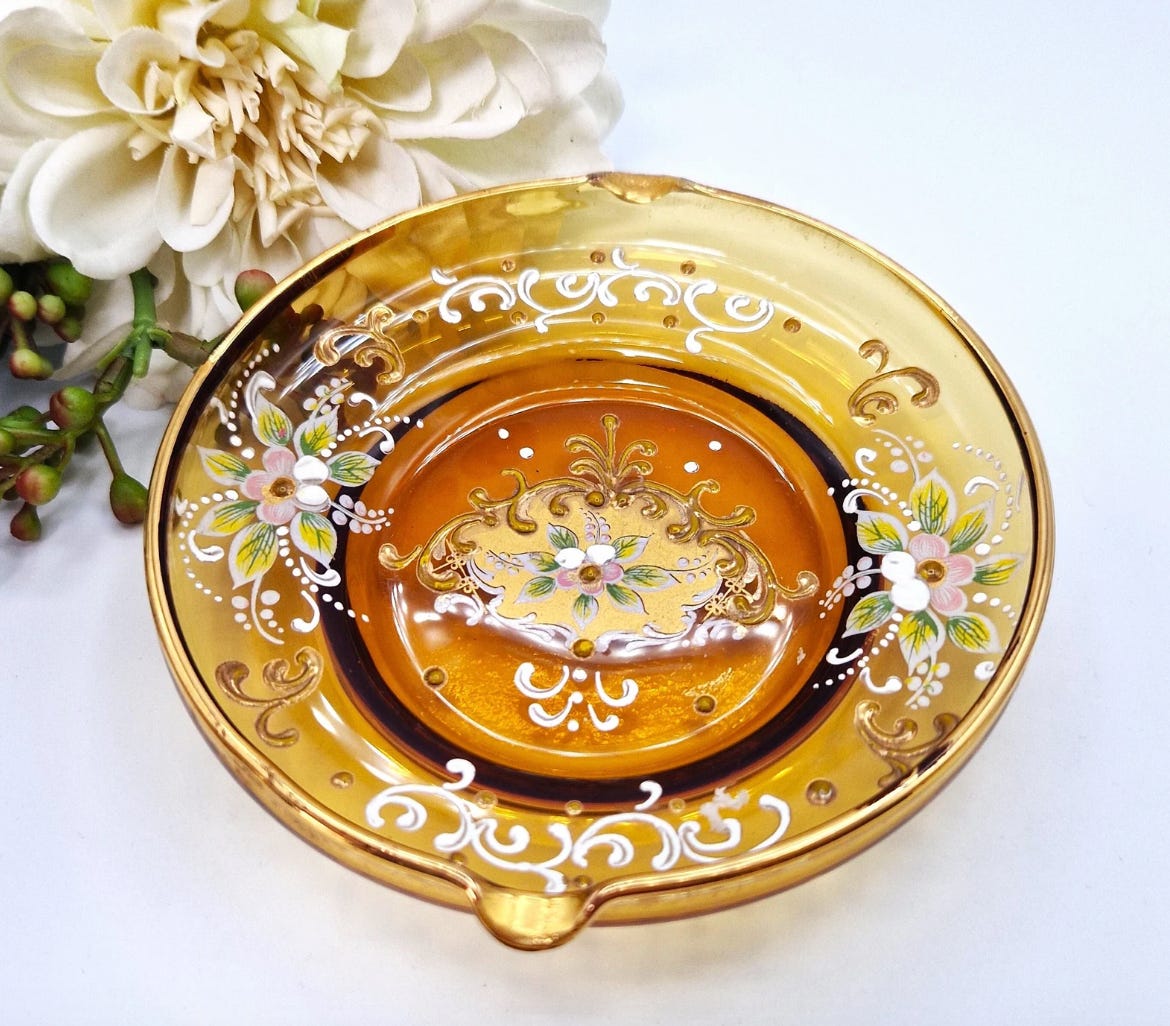
On a friend’s recommendation, I recently handed over the keys to my life to a little app on my phone. The app’s mascot is a smiling trash can who hollers with joy when I tap a button to confirm that I vacuumed my bedroom floor, cleaned the bathroom sink and washed out the kitchen bin as instructed. I watch as the health bars assigned to each room of my flat slide from red to yellow and into green as the app registers my cleaning, as if my office were a Sim who finally found a toilet. Each morning, I open the app and review the health bars, many of which have backslid to yellow and occasionally red, as if my bedroom were a Sim slowly drowning under the weight of daily usage with no ladder in sight. The app hands me a daily to-do list, and as a break from work and emails and calls, I do my best to clear it.
The impact of this little app is hard to overstate. For example, I recently hosted a few friends for drinks and snacks to celebrate my birthday, and I spent about two hours rearranging furniture and preparing food but only around 30 minutes actually cleaning. I’ve never been a particularly tidy person – I keep clean, for sure, but I’m not one to lose sleep over a stray spoon in the sink. And yet, my house had never been more tidy than it was when the first guest arrived. Like Duolingo (most famously) and my workout booking app (most improbably), the app motivates me not with rewards, but with punishment, and I’ve found myself desperate to maintain the cleaning “streak” that I’ve had since I downloaded the app 35 days ago. I’d always thought of tidiness as a trait I’d never possess, but it’s more like a habit I’ve somewhat abruptly picked up.

The funny thing about habits – the ones we keep, and the ones we want to break – is that they’re only really obvious when we want to change, like when you hear a recording of yourself speaking and discover a new vocal tic to be annoyed about. This is why the past two weeks provided a public forum for eulogising the past, present and future of Twitter: The uncertain future of an already unpopular platform came like a summer storm. But in its lifetime, Twitter fit into our lives like a habit, as we filled bus rides and downtime at work with news, memes, friends and, sure, furniture. There’s a lot that I hate about Twitter, and I get the sense that I’m not the only one whole feels like Twitter is a habit we should break. But it’s one I wanted to break on my own terms, and on my own time.
Still, there’s a lot I love about Twitter, like the little community I’ve built on the back of my furniture-finding habit. In the past few weeks, donations for our Holiday Gift Guide have ensured that there’s enough funding to ensure a volunteer organisation in Berlin can keep handing out hot meals to those who need them until at least Christmas – an incredible turnout so far, and one for which I have you all to thank.
The other thing about habits is that I don’t like to change, frankly. I rely on my habits to plan my day, to fill up downtime and to find a sense of peace, if only for a few minutes at a time. This is to say: Even if Twitter folds, I’ll still be bargain hunting for furniture from around the world – it’s a favourite part of my daily routine, and one I’ll happily share with you in this newsletter, and on our recently-launched Instagram.

The F4A Gift Guide
Our Holiday Gift Guide is still up and running, with new pieces added regularly. To receive the F4A Holiday Gift Guide, follow the instructions below. Find more information and an FAQ here.
Send a donation via PayPal to the Berlin Soli Cooking project at berlinsolicooking@gmail.com (£5 /5€ suggested donation; no minimum)
Send a copy of your PayPal receipt to goodfurnitureforall@gmail.com
Check that the link that you receive in response to your receipt is active and accessible – I’ll be manually adding each email to the Google Sheet, so reach out if there are any issues and please be patient.
If you haven’t received access to the sheet in 24 hours, please feel free to follow up.




